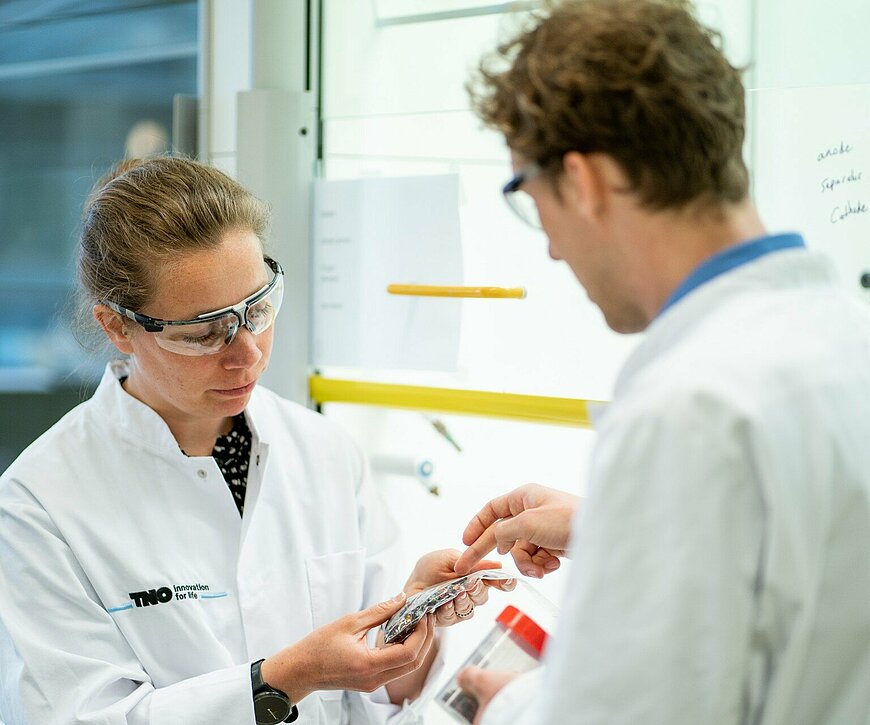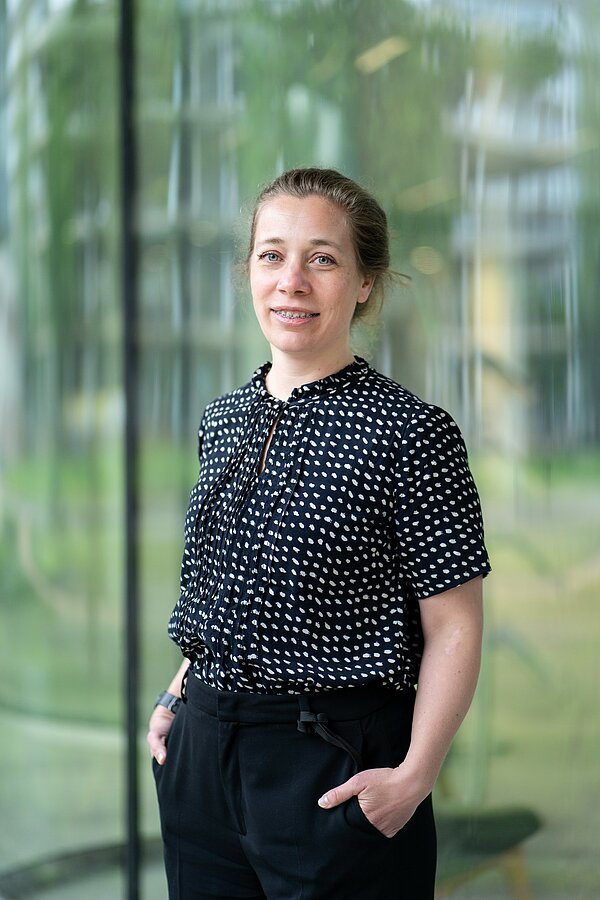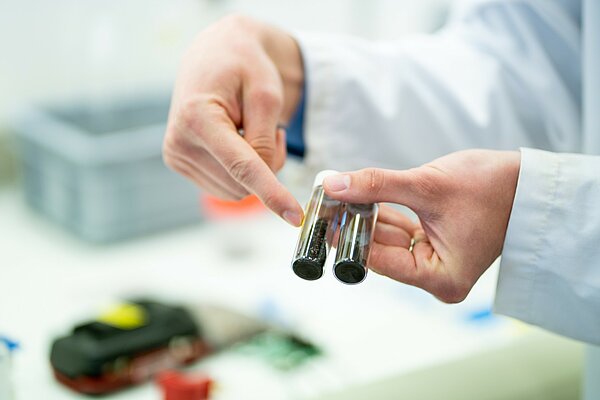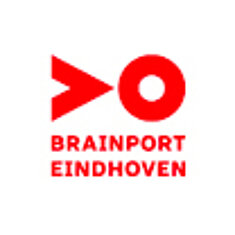Transforming Battery Recycling in the Netherlands - Susanne van Berkum, TNO

"We have our own responsibility as a country to properly clean up our waste."
Interview with Susanne van Berkum of TNO, partner of Green Transport Delta-Electrification.

Please introduce yourself
My name is Susanne van Berkum, and I have been working at TNO for two and a half years. I have a background in chemistry, and I conducted my PhD research at Utrecht University. Recycling has been a common thread in my career; I worked as a researcher in plastic recycling and chemical recycling of plastics. After that, I started at Auto Recycling Nederland, the implementation organization for car recycling in the Netherlands. There, I mainly dealt with the processing of glass, tires, and car batteries, which gave me insight into the battery recycling chain. This knowledge is relevant for the Green Transport Delta project. At TNO, I am a consultant within the Circular Electronics team. We work on innovative technologies to recover critical materials from waste batteries in a high-quality, green, and efficient manner.
What is the goal of the pillar in Green Transport Delta-Electrification that you are working on?
Work package six focuses entirely on developing a battery recycling line. In the Netherlands, a lot is happening in this field: various initiatives want to establish themselves in our country, and it is important to understand how processes differ so we can utilize them better. For example, one process results in a mixed product from battery processing, while another process is more extensive and results in end products that may be sold or used in new batteries at a higher price. Gaining insight into this is crucial for the future of battery recycling in the Netherlands.
Last year, new legislation was introduced at the European level; the new Battery Regulation. It sets high requirements for the recovery rate of materials, creating significant challenges for the battery recycling chain. Therefore, within this work package, we started by inventorying the batteries we will encounter in the future, such as the types and quantities in current electric vehicles.
''Each type of battery contains different materials. These raw materials all have their own value and properties, impacting the recycling process.''
We decided to focus on batteries containing nickel, manganese, and cobalt, the so-called NMC batteries, which are widely used in cars and trucks. Then we examined whether existing recycling processes are suitable for processing NMC batteries and whether they can be recycled into high-quality products.
''We also looked at the space required to house these processes and the impact on the Dutch energy supply. We are already dealing with grid congestion, so it is important to understand the consequences.''
Within the project, we also focused on the first step of battery recycling, pre-treatment. This involves dismantling, discharging, and shredding batteries. This process results in two components: coarser particles such as plastics (coarse fraction) and black mass. Black mass contains the important materials we want to recover, such as cobalt, nickel, and manganese. What we see is that a large part of these important substances gets lost in the coarse fraction. Therefore, we experimented with relatively simple steps to increase the percentage of black mass. It turns out that it is possible to significantly increase this percentage with a few extra steps. We also conducted tests with batteries of different compositions to see the influence of the composition on the recovery percentage.
Why is it important for you to participate in the project?
Firstly, it is very valuable to know and collaborate with the various parties working on batteries. Collaboration and knowledge sharing within the chain is very important. There are many parties in this project who know exactly how the performance of the battery or battery cell can be influenced and monitored. Additionally, there are parties who know exactly which materials are in them.
''Exchanging that knowledge is the link we want to establish within this work package, as well as creating insight into what is actually needed for battery recycling in the Netherlands.''
It would be great to develop a process that focuses on recovering materials from batteries. If we reuse these scarce raw materials, we are less dependent on other countries.

Personally, I find it important that battery recycling is done efficiently and responsibly. Of course, we could say that recycling has no place in the Netherlands and therefore send everything elsewhere. But that does not automatically mean it will be done well; environmental requirements, for example, are different in other countries. We have our own responsibility as a country to properly clean up our waste. Therefore, I see great added value in contributing at TNO to achieving this in a responsible and circular manner. That is a very important drive for me.
What will Dutch residents notice from these innovations?
If we can handle battery recycling in the Netherlands, it will have a significant impact on safety in the country. Lithium-ion batteries are notorious for sometimes spontaneously catching fire. The storage and transport of old batteries to other countries, therefore, pose risks.
''If we can manage the first step of battery processing within the country, waste batteries can be processed much more quickly, making it much safer.''
I should mention that battery storage is already well-managed in the Netherlands because we have introduced the Publicatiereeks Gevaarlijke Stoffen Lithiumhoudende energiedragers: Opslag (PGS 37-2). This includes measures that make the risks of storing lithium-containing energy carriers manageable. The parties involved in battery storage are already doing an excellent job.
Which parties would you like to collaborate with to achieve success, and why should people contact you?
All parties dealing with waste batteries or production waste and facing challenges in this area are interesting to us. But also companies developing new battery technologies or working with batteries containing silicon anodes. These are materials we are not yet familiar with. We want to know the impact they have on a recycling process and whether we can recover them in a high-quality manner. Collaborating on the circular use of batteries in the Netherlands, how great is that?"
